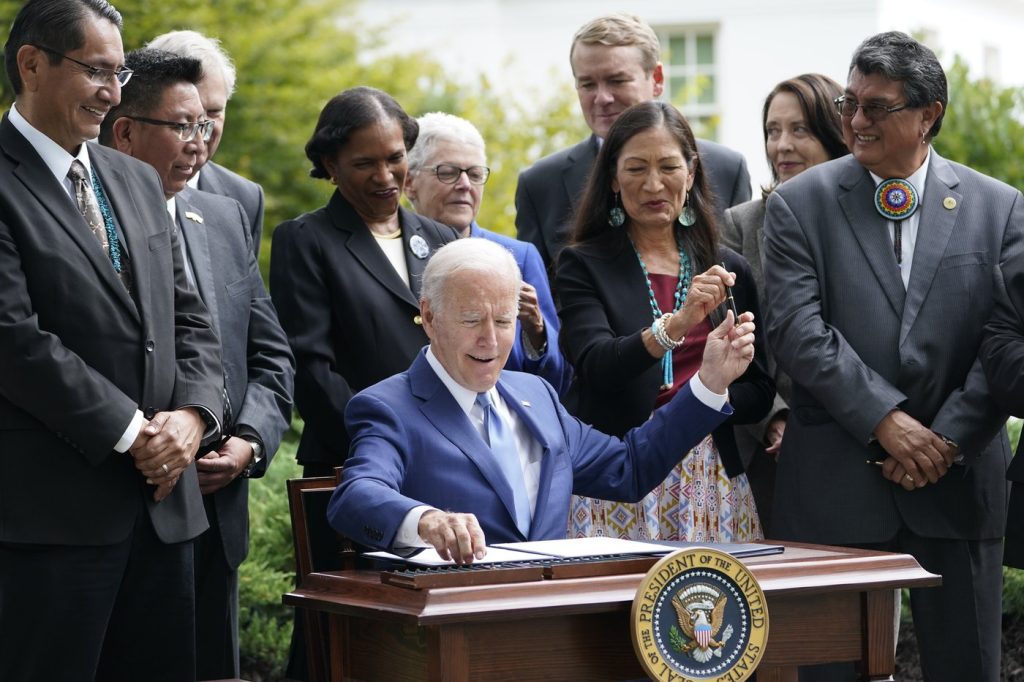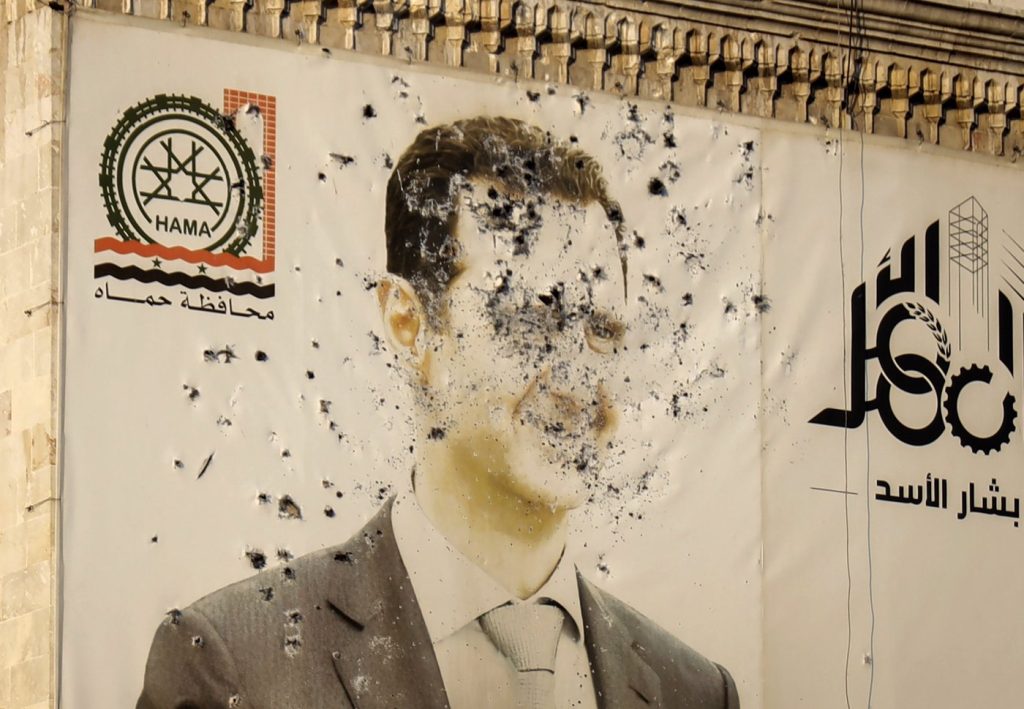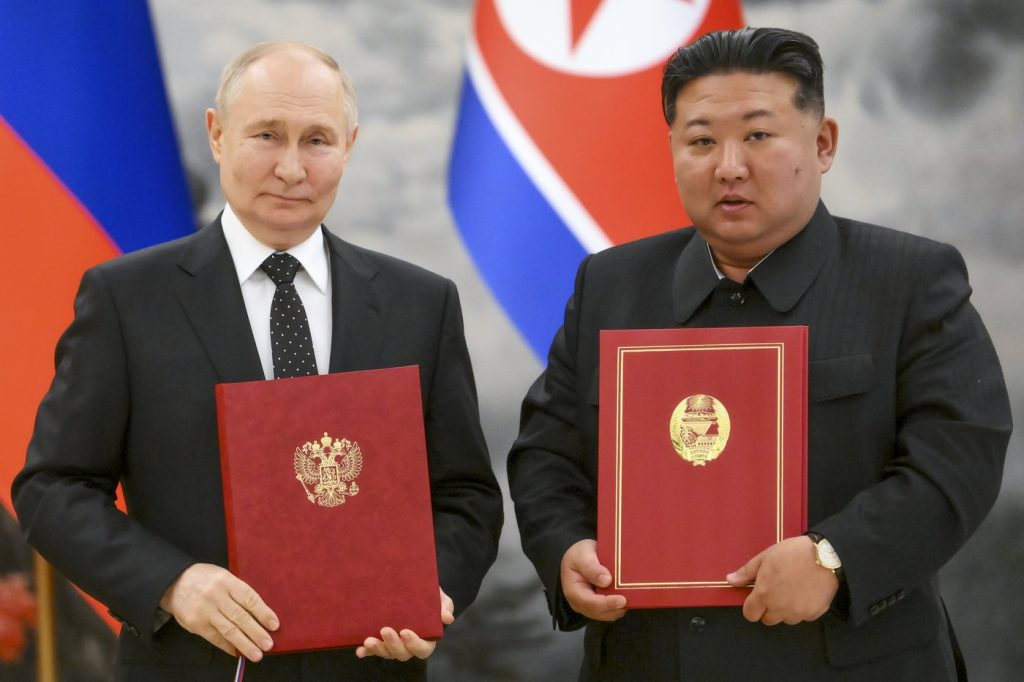On Sunday, former President Donald Trump reaffirmed his stance against recognizing Indigenous Peoples Day alongside Columbus Day, a practice initiated by his successor, President Joe Biden. Trump accused Democrats of tarnishing the legacy of explorer Christopher Columbus and emphasized his campaign to reinstate what he considers traditional American symbols.
Joe Biden became the first president to formally recognize Indigenous Peoples Day, issuing a proclamation in 2021 that celebrated the "invaluable contributions and resilience of Indigenous peoples," while acknowledging their "inherent sovereignty." This proclamation highlighted America's foundational promise of equality but pointed out that the nation has historically failed to uphold the rights and dignity of Indigenous communities who existed long before colonization.
In a social media post on his Truth Social platform, Trump declared, "I’m bringing Columbus Day back from the ashes," claiming that Democrats had worked to demolish Columbus's reputation and that of the Italians who admire him. The federal holiday, observed on the second Monday in October, retained the name Columbus Day during Biden's presidency, although it has also been recognized as Indigenous Peoples Day. Activists have aimed to shift the focus from Columbus's voyages to the exploitation of Indigenous peoples that followed.
Trump has consistently opposed viewing American history through the lens of diversity and oppression, stating that the holiday he aims to restore was initially added to the calendar to acknowledge the country's increasing diversity. Columbus's expeditions did not directly reach North America, yet he became a symbol of celebration among Italian immigrants as efforts were made by politicians to win their support.
The establishment of Columbus Day in the United States was notably influenced by the lynching of 11 Italian-American immigrants in New Orleans in 1891, which prompted the inaugural Columbus Day celebration in 1892, led by President Benjamin Harrison. Subsequently, under President Franklin D. Roosevelt, Columbus Day was officially designated as a national holiday in 1934.
Trump has frequently expressed concern over the removal of Columbus statues, expressing this sentiment again in his recent social media post. In 2017, he publicly decried a review of the Columbus statue located in New York's Columbus Circle, ordered by then-Mayor Bill de Blasio. Although that particular statue remains intact, others have faced vandalism or removal in recent years.
In 2020, amidst nationwide protests triggered by the police killing of George Floyd in Minneapolis, Trump's administration financed the restoration of a Columbus statue in Baltimore that had been thrown into the harbor. This action highlights the ongoing contentious debates surrounding the legacies of historical figures and their contemporary significance in the United States.












